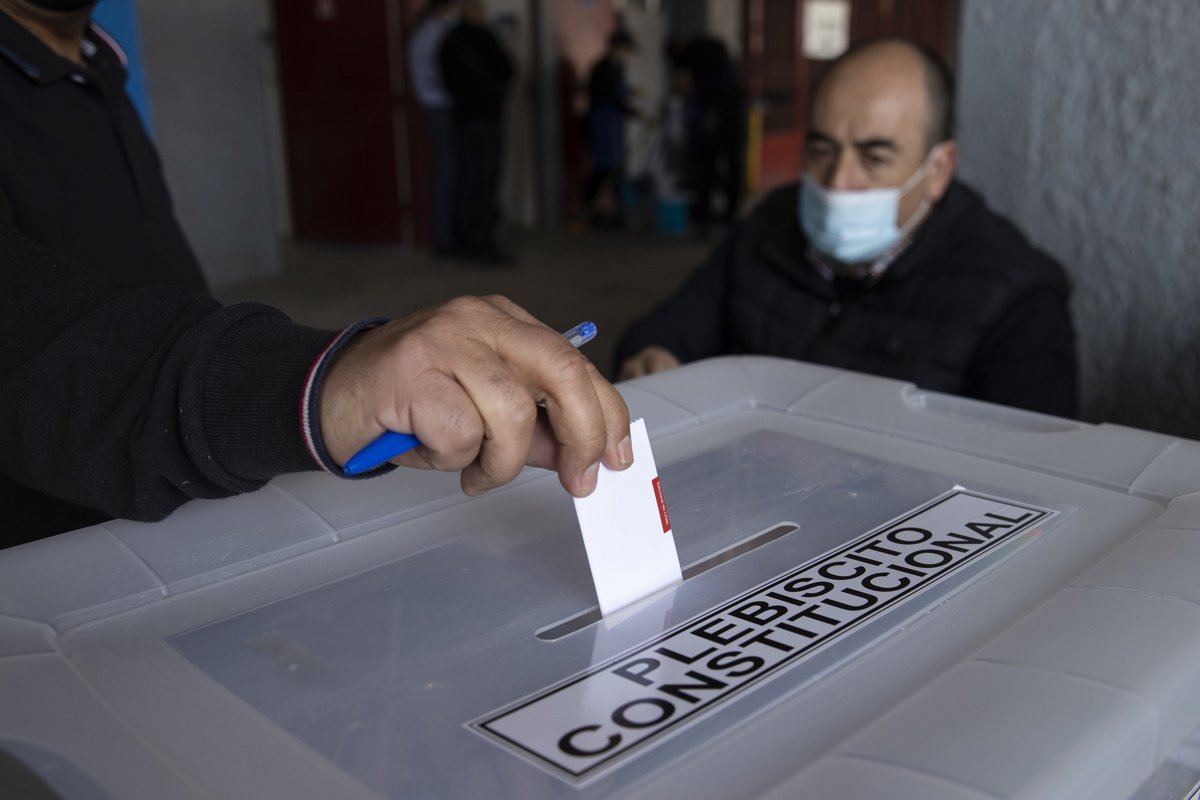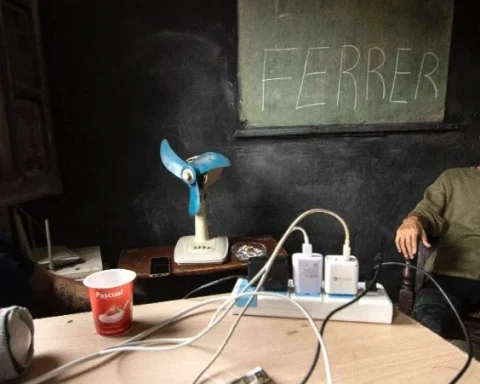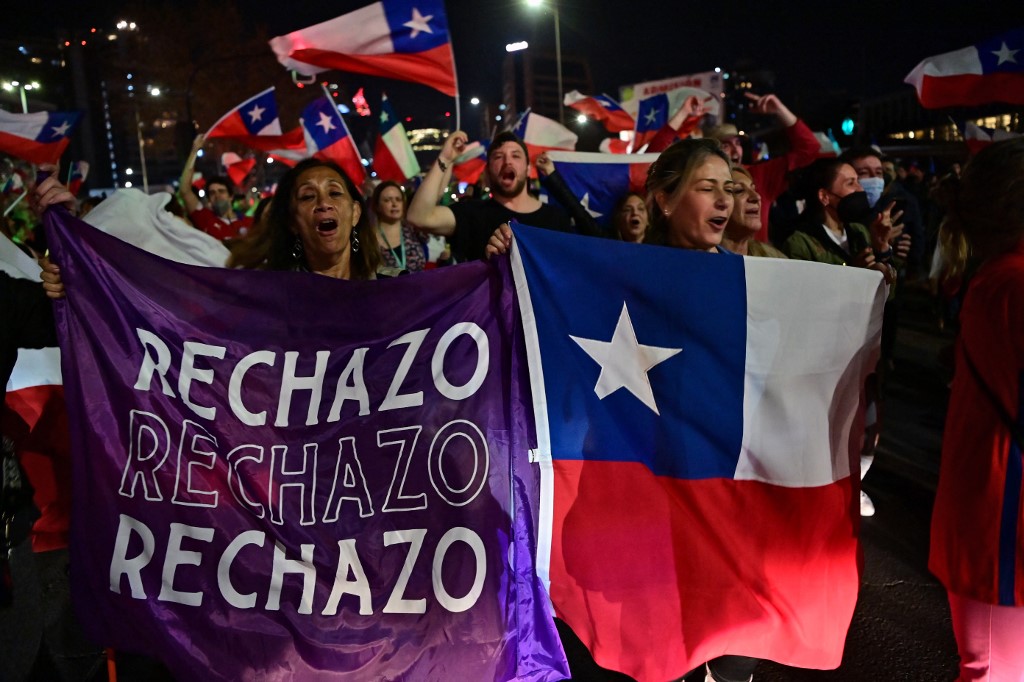Nearly 3,000 voting centers opened their doors this Sunday in Chili in one of the most important votes in its recent history, in which some 15 million people are called to a plebiscite on the proposal for a new Constitution.
At the time of voting, voters must answer the question “Do you approve the text of the New Constitution proposed by the Constitutional Convention?” on their ballot.
Participation in the consultation on the new Magna Carta is mandatory under penalty of a maximum fine of 180,000 pesos, about 200 dollars, and analysts predict a participation of over 10 or 11 million voters, a figure higher than that of the last presidential elections, won by the leftist Gabriel Boric.
Just under 100,000 people are called to vote abroad, while in Chile more than half a million foreigners will do so, according to the Spanish agency EFE.
If the text is approved, it will replace the current Constitution, inherited from the dictatorship of Augusto Pinochet (1973-1990) and seen by a part of society as the origin of the country’s inequalities for promoting the privatization of basic services, such as education , health or pensions, says the Spanish media.
If rejected, the current Fundamental Law will remain in force, although President Boric has already announced that he will convene a new constitutional process and that the mandate of the October 2020 plebiscite will be fulfilled, in which almost 80% of Chileans called for a constitutional change. .
The polls will be open until 6:00 p.m. local time (9:00 p.m. GMT) and the result, which is expected to be very tight, should be known a couple of hours later, he points out. EFE.
At the stroke of midnight, the president he said in a message on Twitter that this Sunday “will be a great day” and was “deeply proud” that society has “arrived here.”
“In Chile, we resolve our differences with more democracy, not less,” he added.
And today, after voting, he called on Chileans to exercise their right and “to write our history through voting responsibly, calmly and with great joy.”
Vote ready! Proud of the historical moment we are experiencing as a country. Let us exercise our right and duty to write our history through voting responsibly, calmly and with great joy. Always with more democracy, never with less. Today #YourVoteDecide! pic.twitter.com/ZZXn3Oxk5z
— Gabriel Boric Font (@gabrielboric) September 4, 2022
uncertain outcome
Boric, a supporter of the constituent change, traveled to his native Punta Arenas, more than 3,000 kilometers south of Santiago, to vote first thing in the morning and is expected to offer a speech on a national network once the result is known, independent of the option that wins.
The latest polls revealed that the tendency to reject the text continues, but experts warn that the stage is open because for the first time the vote is universal and compulsory and there is a large number of voters who have been absent from the polls for years.

The new text declares Chile a “social and democratic state of law, plurinational, intercultural, regional and ecological”, establishes a catalog of new social rights and establishes that its democracy is “equal and inclusive”.
“There are issues in which the text is one of the most avant-garde in the world, especially in terms of gender equality and nature protection,” he told EFE the constitutionalist Tomás Jordán, from the Alerto Hurtado University.
Its defenders say that it will help create a “fairer” Chile, the main demand that citizens expressed in the 2019 wave of protests, while its detractors argue that it is a “radical” text and that “it does not unite the country.”

















